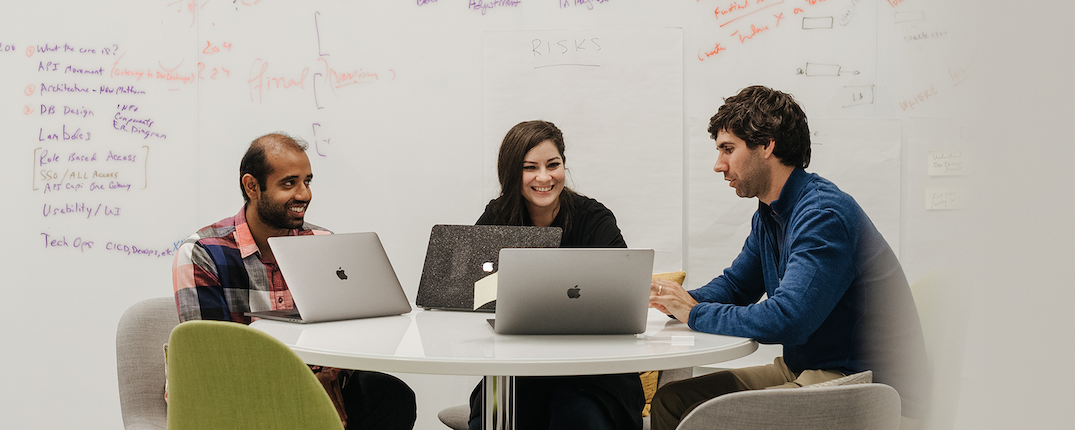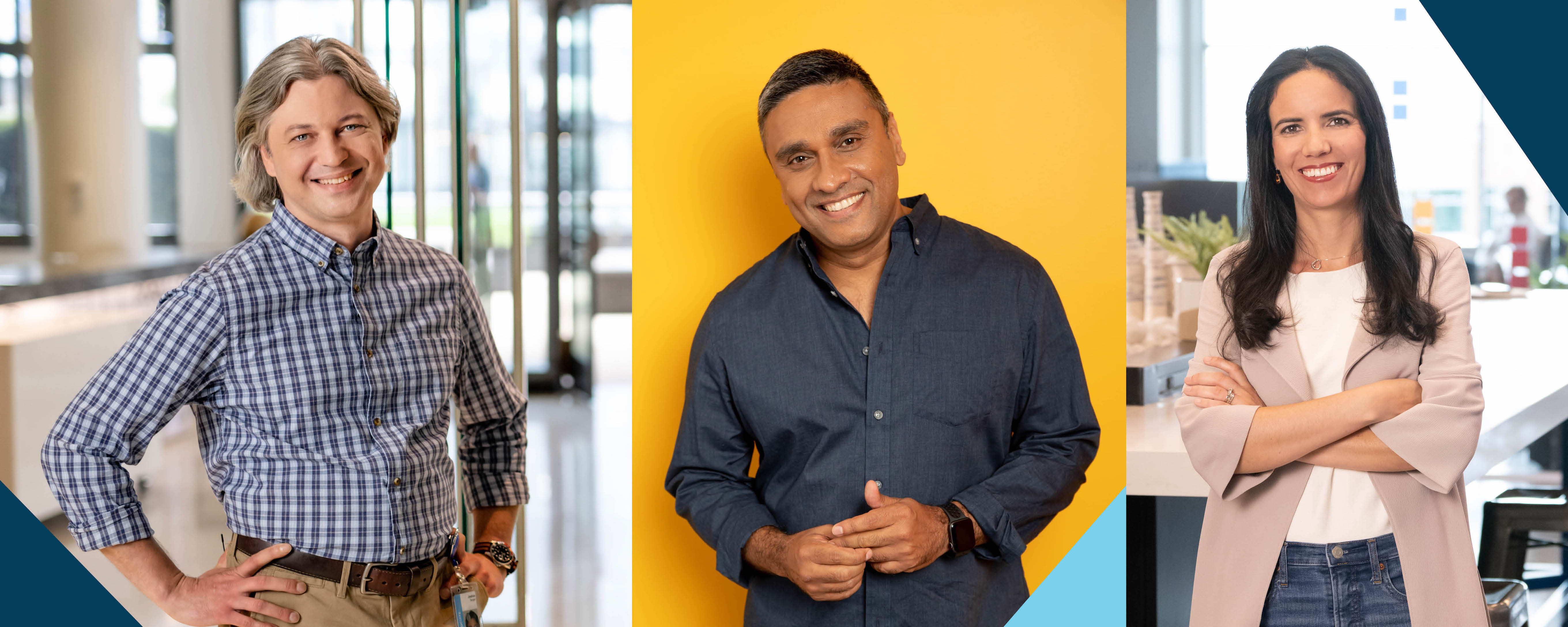Leaders share 5 skills to succeed in the future of tech
Technologists at Capital One play a major role in our mission to change banking for good. They’re using real-time data at scale, AI, machine learning and the cloud to solve challenging problems and build products, services and experiences that make a real difference in people’s lives today and for the future.
To give you better insight into what it’s like to work in the future of tech at Capital One, we asked leaders to share the skills needed to thrive as a technologist in today’s changing landscape.
The ability to take risks and dream big
Melanie Frank, managing vice president of Cyber Engineering: I love working with really capable people and solving complex problems that impact lives, and I get to do that every day at Capital One. Our engineers know when and how to experiment and keep mission-critical systems operating safely at a massive scale. It’s just so fun to watch what our teams are capable of doing. We take moonshots every day. We are one of the first and largest companies to fully exit our data centers and go all in on the cloud. These are hard problems, and most of the time, we don’t have all the answers when we start. This is why we hire people who are really excited about taking what they know, learning something new and figuring out the things that have never been solved.
Anne Johnston, vice president of Cloud Costs and Engagement: A few years ago, I was working in a cyber domain. I needed to reimagine the execution strategy—there was a basic structure already in place, but I had an opportunity to completely re-shape the strategy to make us more efficient. It was challenging because I needed to be creative in my approach. I sought feedback from a wide variety of colleagues to gain perspective, which led to many differing opinions being shared. Creating this new strategy made me realize my voice matters. I recognized that my task wasn’t to take others’ opinions and shape them into a strategy. The goal was to develop my own thoughts and opinions, which is what ultimately led to a new strategy.
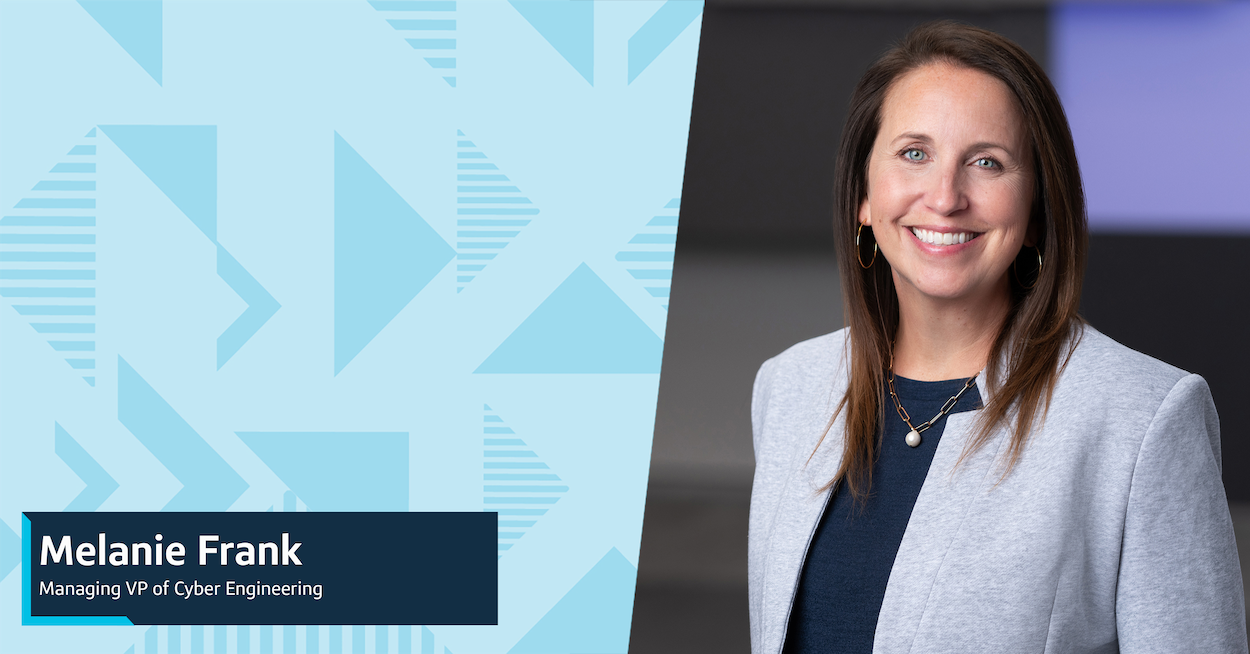
The ability to embrace change and ambiguity
Emmanuel Offiong, vice president and chief technology officer for Small Business Bank and Treasury Management: People who are successful here can handle and lead others through change and ambiguity well. Can you think outside the box? Can you quickly and logically put things together? We have a number of opportunities that are quite complicated in nature. We need people that like solving problems at scale.
The ability to learn and stay curious
Melanie: The truth is technology will change, and the pace of that change only continues to accelerate. So the ability to learn is the most important skill you can have. My tip to learn quickly: Understanding how technology works as a foundation allows you to learn the newest element of it faster.
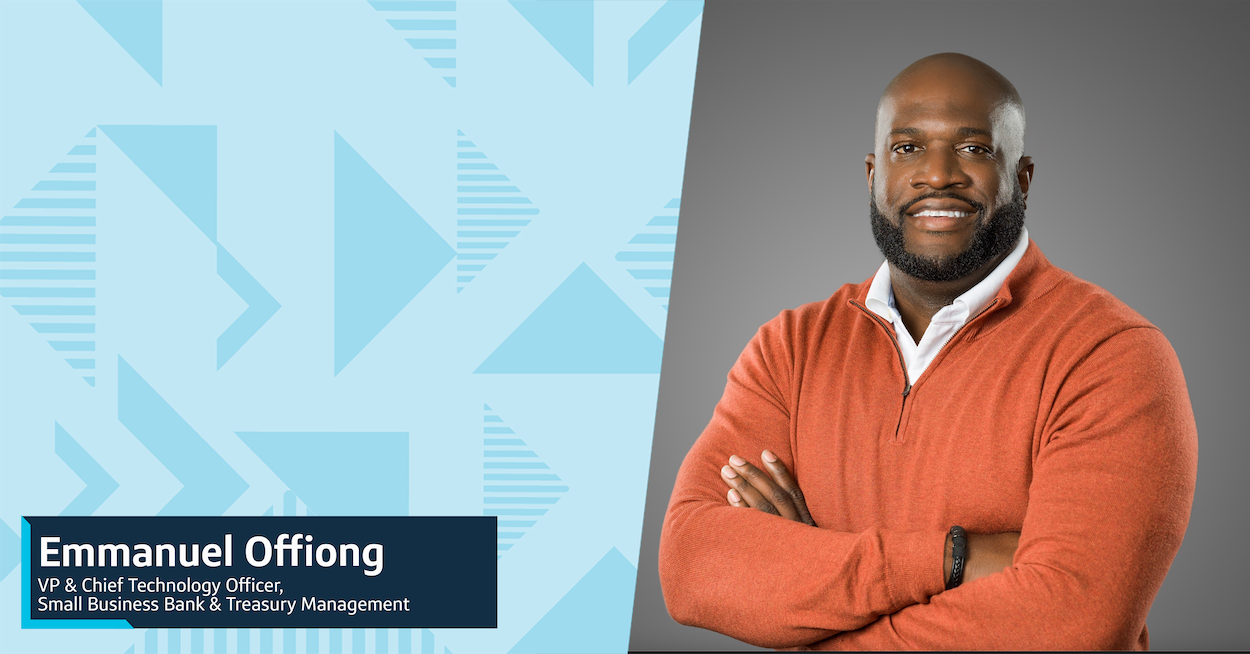
The ability to collaborate, communicate and educate
Emmanuel: Our work isn’t just about educating our colleagues, but extending that knowledge to our communities. I’m the accountable executive for our Tech Pro Bono group, so I get to help many small businesses and nonprofits with their technology. We’ve done great work to enable businesses to build up their market and digital presence by equipping them with skills to succeed. I also help with Capital One Coders, a program where we teach middle school kids how to code and solve problems with software.
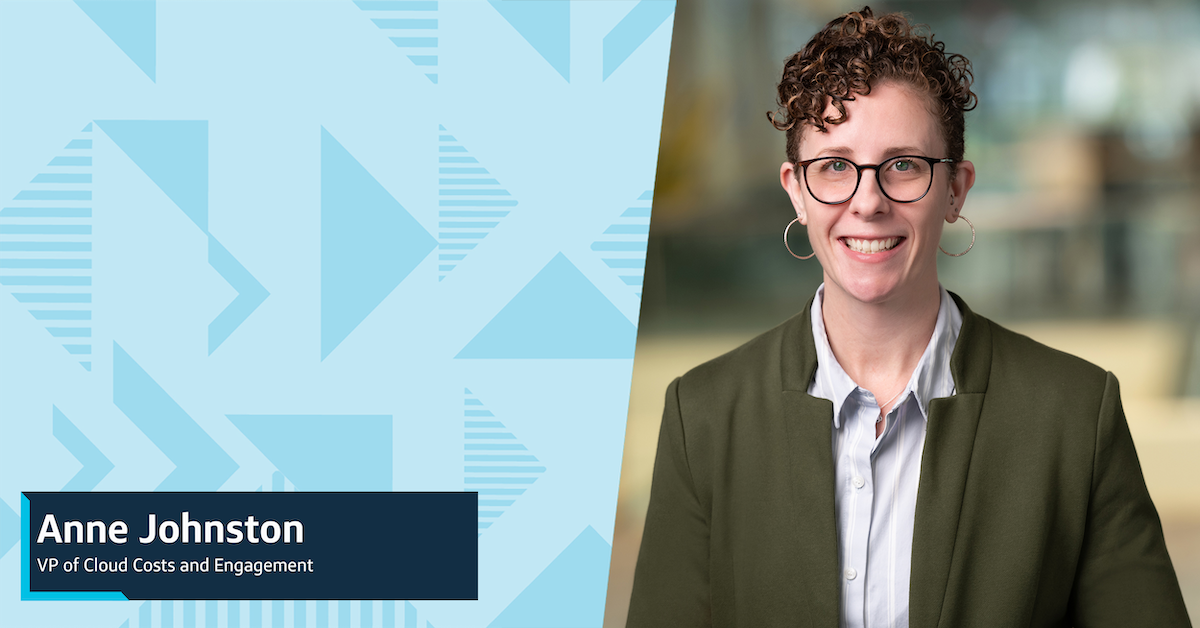
The ability to integrate diversity, inclusion and belonging into your work
Anne: Capital One has many programs that focus on the whole person rather than just your technical contribution that day. I’ve enjoyed the vibrant community in Women in Tech, our Business Resource Group that supports and empowers women technologists in the most positive ways. This has been a community where I’ve felt supported and psychologically safe in being myself. I’ve had opportunities and built relationships through Women in Tech that I’ll be forever grateful for.
Emmanuel: It’s about having diverse opinions, thoughts, people and conversations. The problem with not having diverse ideas in the room is that you end up with solutions that look the same or miss solving for a broader audience group. Something I talk about frequently in my role as accountable executive for Blacks in Tech: You can’t be a creative technologist if you don’t have diverse perspectives in the room. The problems of tomorrow will not be solved with the solutions of today.
Related Content
Copyright © 2025
Opinions are those of the individual author. Statements are deemed accurate at the time of posting. Unless otherwise noted, Capital One is not affiliated with, or endorsed by, any company mentioned. All trademarks and intellectual property used or displayed are the property of their respective owners.


